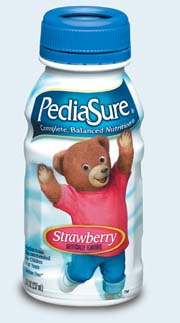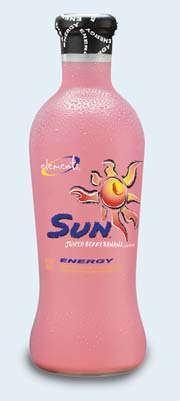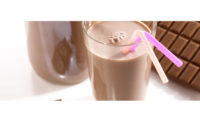
When it comes to shelf-stable beverages in the wellness/functional category, dairy has great untapped potential. Marketers of these beverages range from large drug conglomerates to new-age beverage entrepreneurs, manufacturers who are taking advantage of milk and its healthful halo. Yet dairy manufacturers are in possession of an ingredient (milk) that is capable of raising the bar on what a wellness or new-age beverage should taste like and contribute to the diet. This is an opportunity that the dairy industry cannot afford to miss. Just take a look at all the places dairy could be.

Ross offers a similarly processed and packaged nutritional beverage for children ages 1 to 10 years old. This beverage-PediaSure®-is made with whey protein concentrate.


primary reason Snapple includes dairy ingredients is for the creamy appearance, flavor and mouthfeel they contribute to the formulation.

Finally, here's a product with an interesting twist: Cal-C® from Nutrijoy Inc., Manhattan, Kan. This beverage boasts the fact that it is made with 7% skim milk, in addition to 15% juice and other ingredients.
There are many opportunities to market the addition of dairy ingredients in wellness/functional beverages. For example, beverage marketers can include proprietary dairy protein brands and/or logos on product labels and in the ingredient statement. They also can communicate the nutrition benefits of dairy proteins.

Dairy Management Inc.™ (DMI) is actively working with industry to identify ingredient-focused nutrition research to enable meaningful consumer benefit claims for dairy ingredients. The time is right to begin formulating beverages with dairy ingredients.

